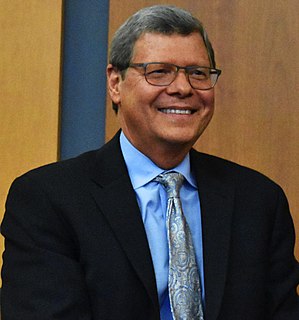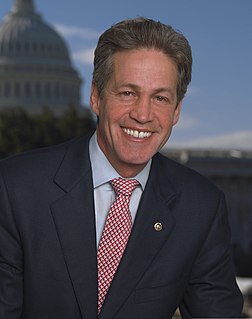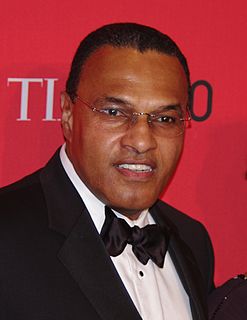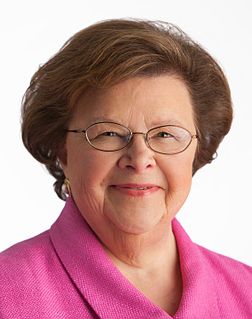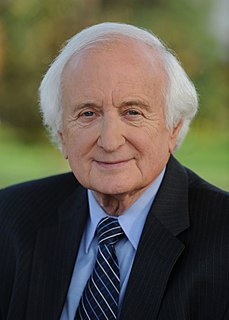A Quote by Eric Liu
Imagine filling a college with the first 1,000 students to get perfect SATs. Whatever the racial composition of that class would be, the notion seems absurd because we know that college in America is supposed to be about creating citizens and leaders in a diverse nation.
Related Quotes
Our mission at Khan Academy is a free, world-class education for anyone, anywhere, and college readiness is a crucial part of that. We want to help as many students as possible prepare for college and for life, and since the SAT measures preparedness for college, our partnership with the College Board is a natural fit.
Despite the evidence that we already have too many students in higher education, the hot new idea among the political class is to double down by pushing for 'free college tuition.' The problem with the 'free college' idea is, however, not merely financial. It also reinforces the myth that college is appropriate or even possible for all students.
The important thing to understand about eliminating racial preferences in college admissions is that doing so does not lower the number of minority college students, it just redistributes them to schools for which they are actually qualified, rather than catapulting them into academic environments where they will inevitably struggle.
And once I was in college, about - maybe the end of my first semester of my sophomore year, I realized that college just was not my jam and that I felt like I was learning more when is actually on set. And I think a lot of that had to do with - I was working while I was in college. I was on "227," so I didn't get a chance to really be immersed in the culture of my school.





